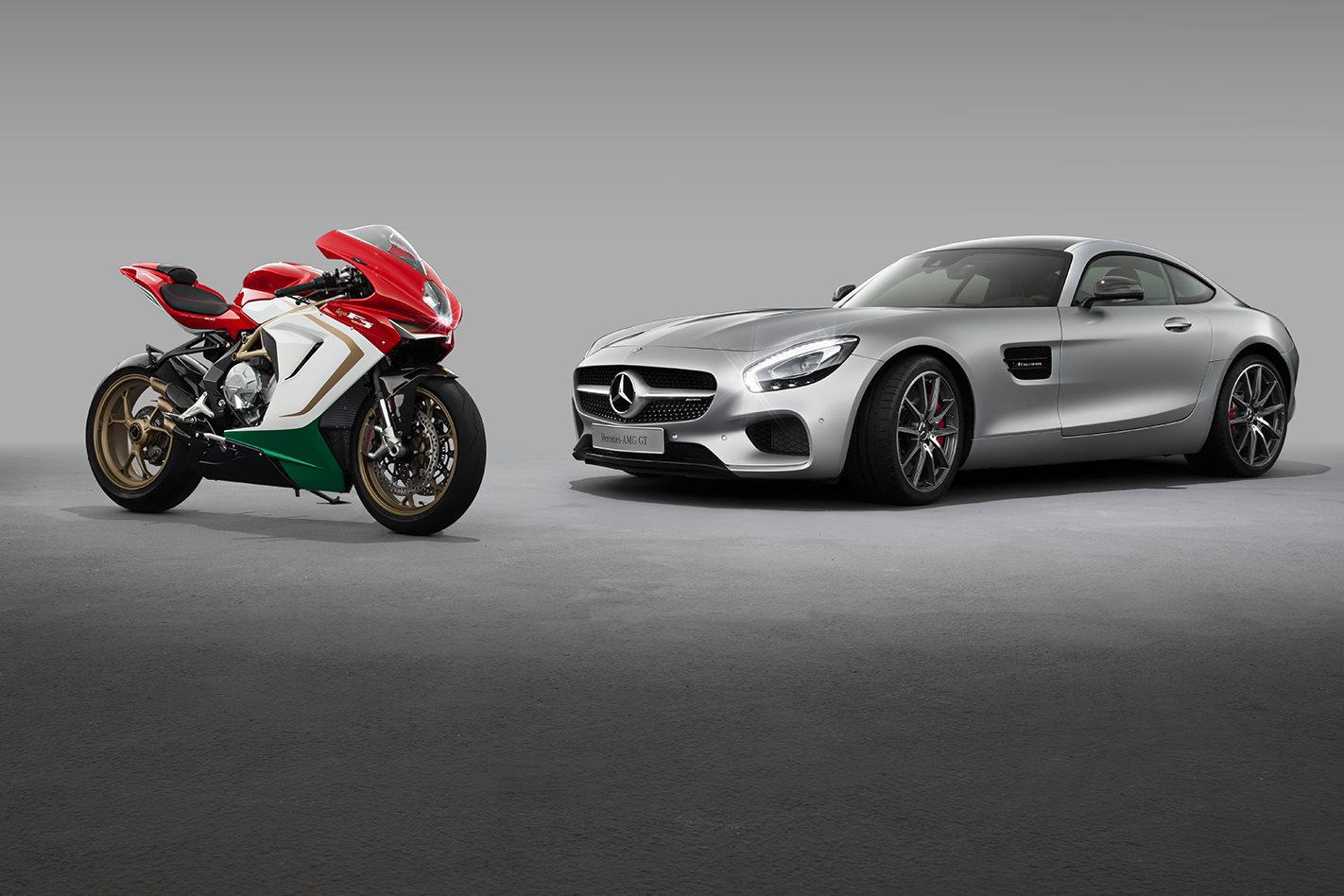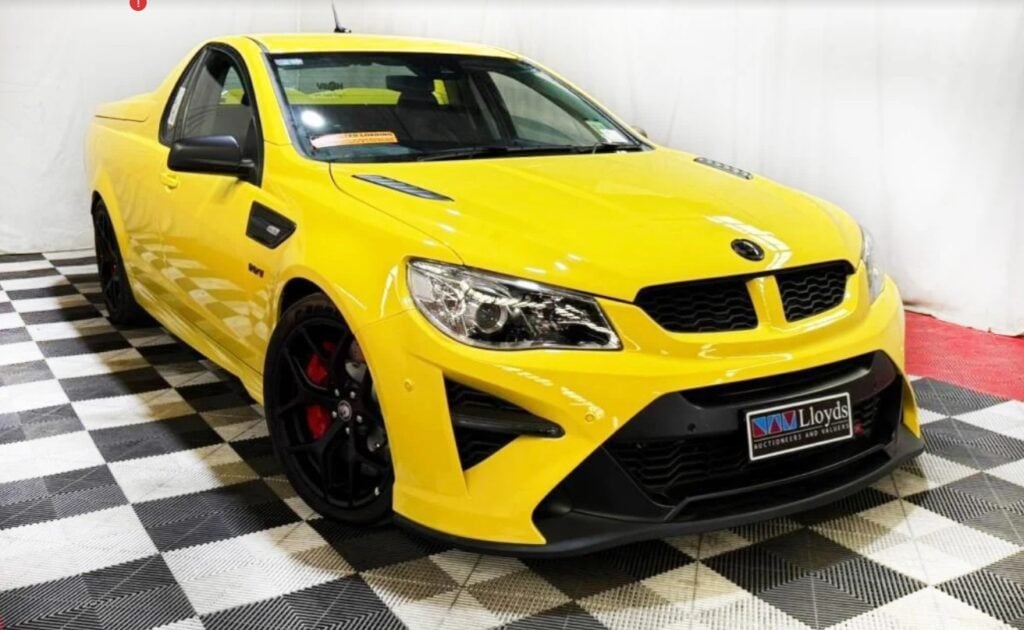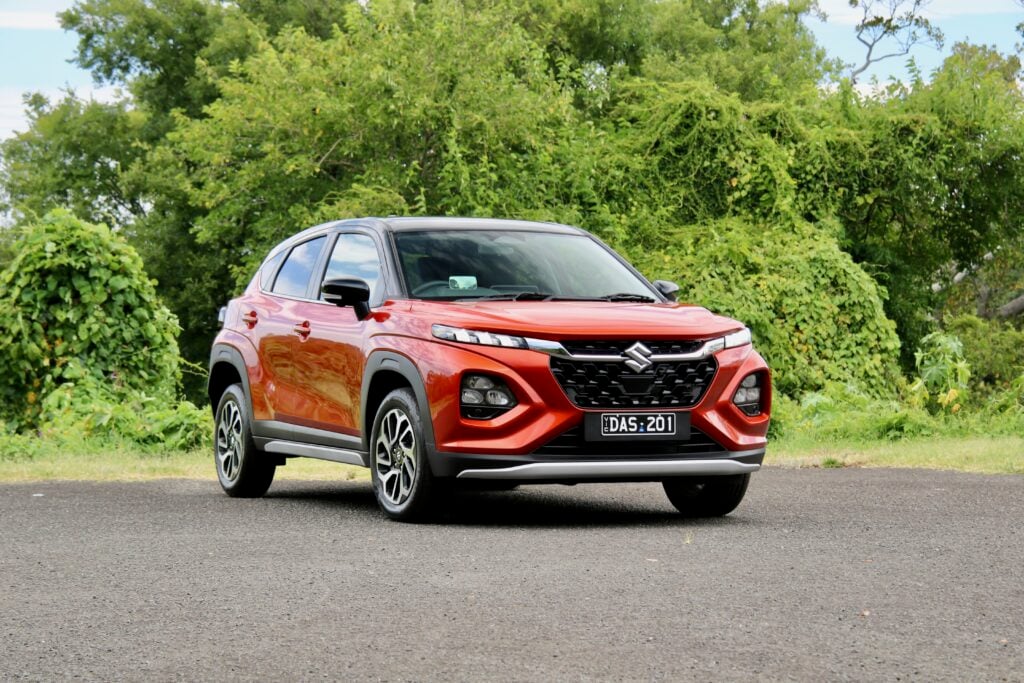MERCEDES-Benz’s performance division has taken a stake in motorcycle maker MV Agusta as it attempts to widen Mercedes-AMG’s appeal to two-wheeled enthusiasts.
The car maker announced this week that, subject to regulatory approval, it will take up a 25 percent stake in the racetrack-honed Italian motorcycle maker as a two-wheeled partner to the four-wheeled sportscar brand.
“In MV Agusta, we have found the perfect two-wheel partner for Mercedes-AMG,” Tobias Moers, the chief executive of Mercedes-AMG, said in a statement announcing the buy-in to the motorcycle maker.
“This manufacturer with a long tradition and Mercedes-AMG are connected not only by a long and successful racing history, but also by shared values and goals for the future – allowing the experience of utmost perfection, optimal performance and motorsport technology for the road.”
However, rather than sharing technology – anyone dreaming of a slick GLA45 AMG featuring a rapid-fire sequential gearbox had better stop reading now to avoid disappointment – it’s believed the relationship won’t extend much beyond marketing and sales, with the relationship providing Mercedes-AMG “with an entry into a world of additional high-performance enthusiasts”.
Mercedes-AMG’s push into two-wheeled performance follows on the heels of German rival BMW, which has its Motorrad motorcycle division to complement the car-making side of the business.
However, BMW’s motorcycle division has also spawned another important side business for the German luxury-car maker – supplying a two-cylinder range-extender petrol engine to double the driving distance of its battery-powered i3 city hatchback.
A statement from Mercedes-AMG’s parent company, Daimler, said the car maker had no immediate plans to start using motorcycle engines to power future vehicles to help it chase tightening worldwide emissions standards.
The move also shadows premium car rival Volkswagen, which in 2012 bought fellow Italian motorcycle maker Ducati.
The XL Sport, a VW-badged two-seat hypermiler unveiled in Paris earlier this year, featured a Ducati-sourced two-cylinder engine.
BMW is also making sounds about providing motorbike-to-car technology that will alert car drivers when a motorcyclist is sitting in the vehicle’s blind spot, or even approaching an intersection from a different direction.
Similarly, motorcycle makers are moving into areas traditionally left to the four-wheeled specialists. Two-wheel adventure and sports-bike maker KTM launched the X-Bow, using a 2.0-litre Audi-sourced engine, in 2008.





